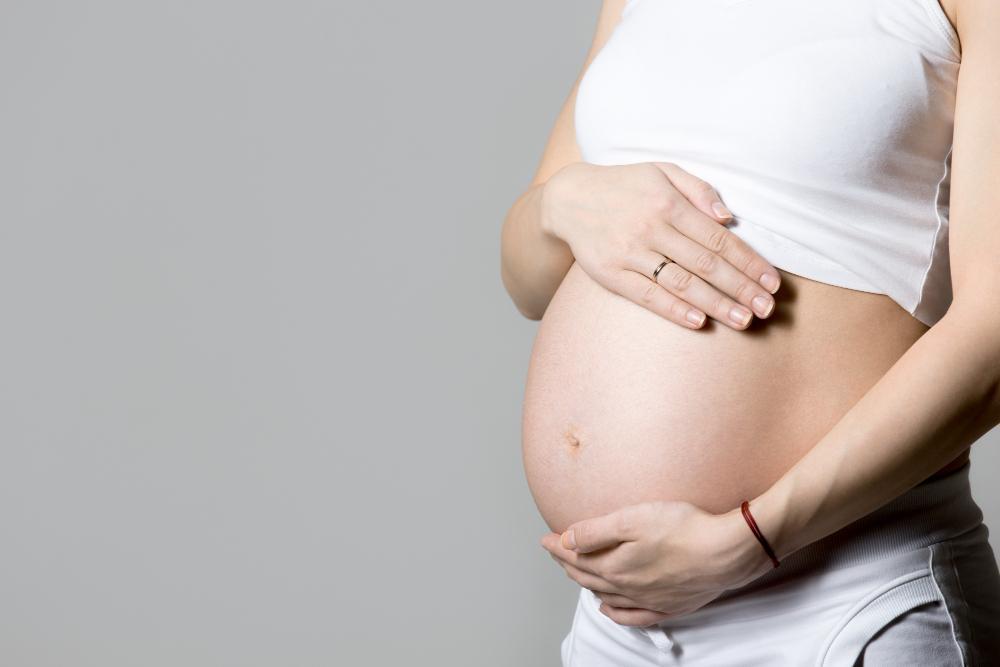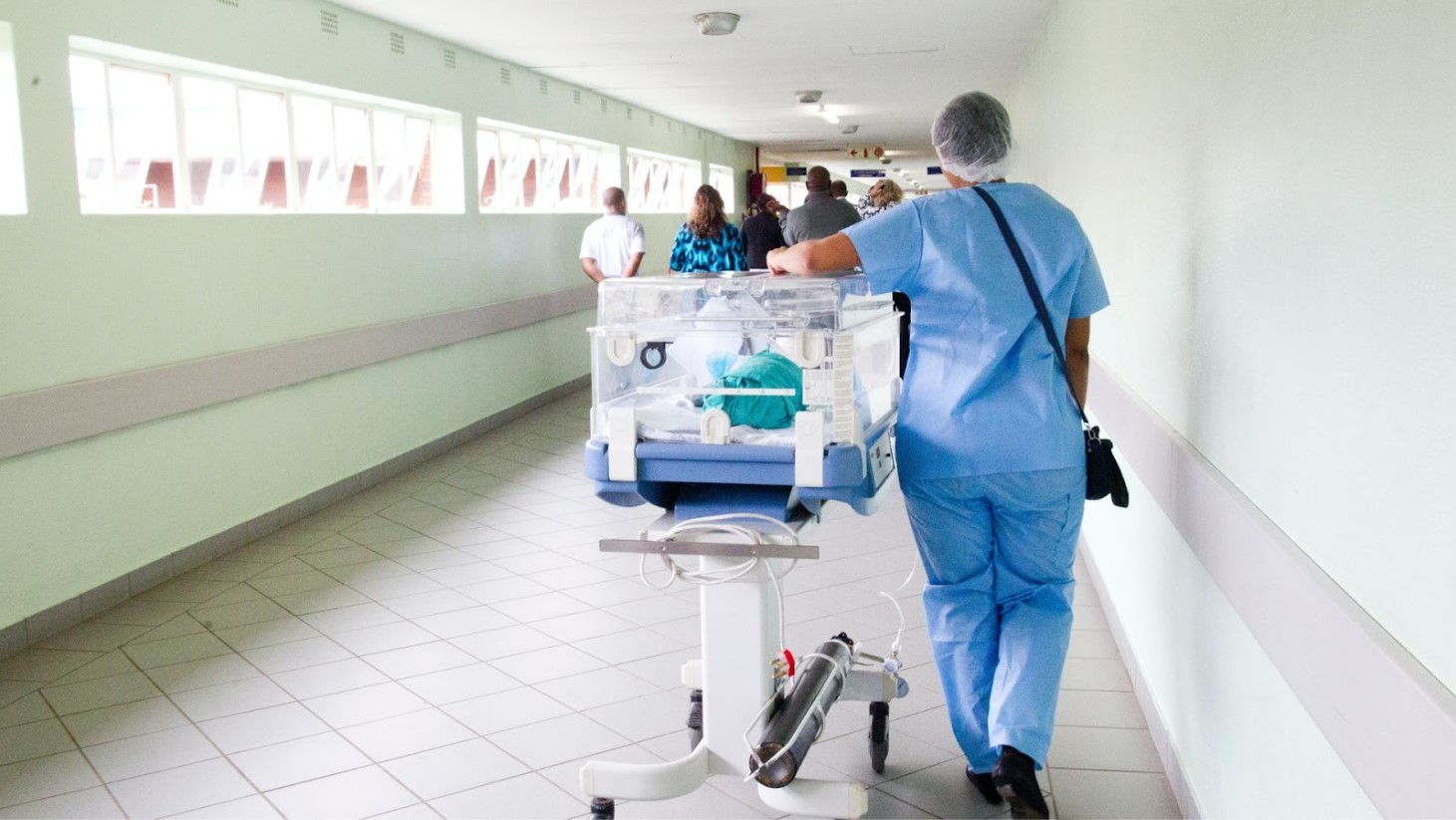Rebecca Walker’s pregnancy took a distressing turn when she visited Royal Stoke University Hospital on June 12, 2019. At 26 weeks pregnant, she felt something was wrong, fearing her water had broken.
Despite her concerns, she was dismissed with the assumption she had merely “wet herself.” This grave misunderstanding marked the beginning of a series of events that would lead to an unspeakable tragedy.
Warning Signs Ignored

When Rebecca expressed fears of being in labor, she was not only dismissed but also misdiagnosed. Medical staff believed she had accidentally wet herself, overlooking the potential severity of her situation.
Additionally, her complaints of right-sided pain were attributed to the baby pressing on a nerve (via The Sun). This alarming oversight highlights the dangerous consequences of underestimating maternal signals and symptoms.
A Week of Agony

After being sent home, Rebecca spent a week in discomfort, unaware of the danger she and her fetus were in. The pain on her right side persisted, a foreboding sign ignored by medical professionals.
This period of agony was not just physical but also emotional, as Rebecca grappled with unanswered questions and growing fears for her baby’s health.
Emergency Unfolds

One week later, the situation escalated rapidly.
Rebecca was rushed to the hospital in severe pain, leading to a harrowing discovery: Her water had indeed broken, and signs of infection were evident.
The Birth of Charlie-Jay

Amid fear and uncertainty, Rebecca underwent an emergency cesarean section. Her son, Charlie-Jay, was born prematurely and admitted to the neonatal unit with suspected sepsis and respiratory issues.
Despite the joy of birth, the shadow of potential loss loomed large.
A Battle Lost Too Soon

Charlie-Jay’s fight was heartbreakingly brief. “He passed away in my arms. This was the first and last time I was able to hold him,” Rebecca told The Sun, capturing the profound sorrow of losing a child just a day after his birth.
The family’s ordeal illustrates the devastating impact of sepsis, a condition where the body attacks itself in response to an infection (via CDC).
Legal Battle and Acknowledgment

In the wake of their loss, Rebecca and her partner, David Brindley, sought accountability, leading to a legal battle with the hospital trust.
Their efforts culminated in an undisclosed settlement, a bittersweet acknowledgment of the mishandling that contributed to Charlie-Jay’s death.
Living with Loss

Rebecca’s life was forever changed by Charlie-Jay’s death. “My mental health has been hugely impacted,” she shared with The Sun, revealing the deep scars left by this tragedy.
Her story is one of the enduring pain that follows the loss of a child, a journey marked by grief, guilt, and the arduous path toward healing.
The Power of Support

In the midst of darkness, support from family, friends, and organizations like SANDS — a charity that supports families following the death of an infant — has been a lifeline for Rebecca.
This support network underscores the importance of community and shared experience in navigating the treacherous waters of grief. It highlights how crucial emotional support is for those mourning the loss of a child.
A Call for Change

Motivated by her harrowing experience, Rebecca urges health care professionals to listen more closely to expectant mothers’ concerns. “We know our bodies and when something’s wrong,” she told The Sun, calling for a shift in how patient concerns are addressed.
Her story is a powerful plea for change, urging a more attentive and compassionate approach to maternal care.
Medical Reflections

Despite the settlement, the University Hospitals of North Midlands NHS Trust offered condolences but denied liability for Charlie-Jay’s death.
While the settlement provides some measure of justice, it also raises questions about accountability and the steps needed to prevent similar tragedies.
A Message of Hope and Awareness

Despite her overwhelming loss, Rebecca remains a beacon of hope and advocacy. She emphasizes the importance of speaking out and seeking support, reminding others that they are not alone in their grief.
Her message is one of resilience, urging parents facing similar losses to find strength in community and to push for improvements in prenatal and neonatal care.








































